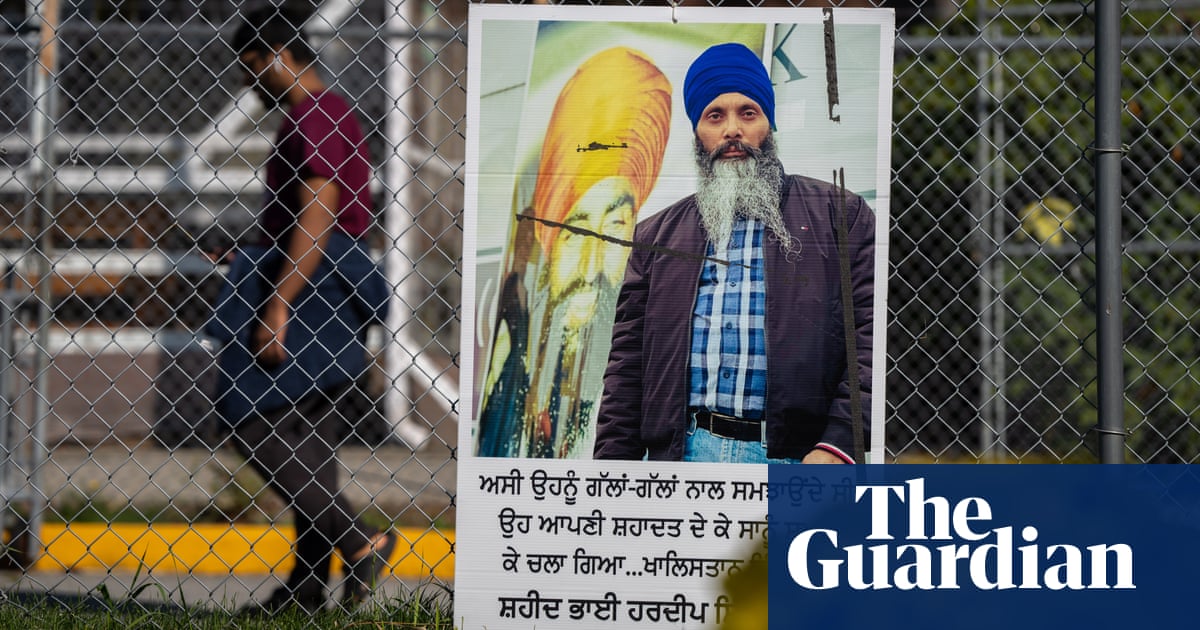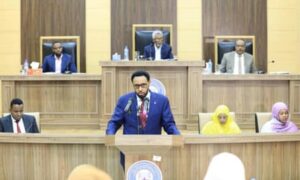
The government of India has instructed major video-sharing websites to restrict access to a recent Canadian documentary investigating the murder of a well-known Sikh activist in Vancouver. This action underscores India’s growing dissatisfaction with accusations that its government was involved in the prominent assassination.
The request marks the second time in just over a year that India has sought to block a documentary critical of the Indian government or its leader, Narendra Modi. In 2023, India used emergency laws to block the distribution of the BBC documentary India: The Modi Question.
The week prior, the national broadcaster, CBC’s investigative team, Fifth Estate, broadcasted a 43-minute documentary entitled “Contract to Kill” discussing the shooting death of Hardeep Singh Nijjar.
Canadian citizen Nijjar was fatally shot in a parking lot located in the outskirts of Vancouver. Following the tragic incident, the Canadian national security was prompted to launch an investigation. In September, Prime Minister Justin Trudeau addressed the parliament and declared that there were “credible claims” pointing to the involvement of “agents of the Indian government” in the murder. However, India has denied these allegations, resulting in a tense relationship between the two nations.
Earlier in the week, YouTube informed the CBC that the Indian government’s ministry of electronics and information technology had issued a request for the video in question to be blocked on its website.
The video platform announced that the content has been restricted on the India YouTube site, however, it remains accessible in other locations.
The government of India cited the Information Technology Act of 2000 in its request, which grants them the authority to “intercept, monitor, or decrypt any data created, transmitted, received, or stored in a computer resource.”
India has also submitted a request to the social media platform X, formerly known as Twitter, asking for it to restrict access to the documentary.
“Indian law obligates X to withhold access to this content in India; however, the content remains available elsewhere,” X said in an email to the CBC. “We disagree with this action and maintain that freedom of expression should extend to these posts. Following the Indian legal process, we are in current communication with the Indian authorities.”
The film features footage from a surveillance camera showing Nijjar leaving the parking lot of the Guru Nanak Sikh Gurdwara temple on a summer evening. As he nears the exit, a white car obstructs his truck and two individuals wearing hoodies approach the truck, shooting Nijjar.
Move past the advertisement for the newsletter.
after newsletter promotion
According to Chuck Thompson, the head of public affairs at CBC, the news organization stands firmly behind its reporting on this particular story. In order to present a fair and balanced perspective, the documentary featured a diverse array of individuals and viewpoints, including witnesses and experts in the subject matter. As per the regular protocol for all Fifth Estate stories, “Contract to Kill” was extensively researched and reviewed by senior editors to ensure it meets the high standards of journalistic integrity set by CBC.
No arrests have been made in response to Canada’s accusations of India’s involvement in the assassination, despite an ongoing investigation by the police. These accusations were brought up again this week when Winston Peters, the deputy prime minister of New Zealand, seemed to question the validity of Canada’s assertions.
During a recent trip to India, Peters spoke to the Indian Express newspaper and questioned the lack of evidence and findings currently available, stating “Where is the evidence? Where is the current finding? Well, it is non-existent.”
“New Zealand’s position on the allegations remains unchanged – if they are proven correct, then that would be of serious concern,” John Tulloch, the senior press secretary in Peters’ office, said in a statement. “The minister’s point is that this is an ongoing criminal investigation. It needs to run its course before clear conclusions can be drawn.”
Source: theguardian.com

















